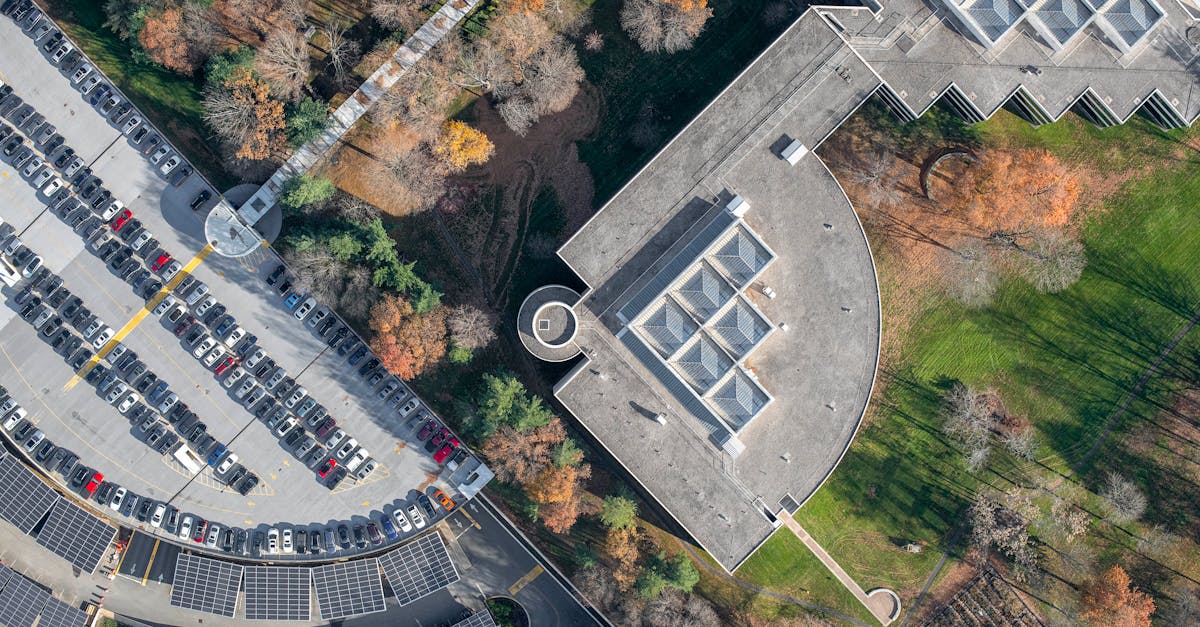
post-installation support is crucial when selecting a solar panel installer. Many companies offer varying degrees of maintenance services that can range from regular system checks to emergency repairs. It is important to inquire about the specifics of these services. A detailed contract outlining what maintenance is included will help in assessing long-term benefits and potential costs.Community solar projects present a range of advantages for participants. Individuals who may not have the capacity to install solar panels on their properties can still access renewable energy solutions. This inclusivity allows renters and apartment dwellers to benefit from lower energy costs and contribute to sustainability efforts. Furthermore,
p you understand the overall investment and potential savings.Community solar projects allow multiple participants to invest in a shared solar energy system, typically located in a communal area. Participants can benefit from the energy produced without having to install solar panels on their own properties.
Are there any incentives available for installing solar panels?What benefits do participants gain from community solar projects?
Yes, various incentives may be available, such as government rebates, tax credits, and local subsidies. These incentives can significantly reduce the upfront costs of installation, so it's beneficial to inquire about them during your consultations.Participants in community solar projects can enjoy reduced energy bills, access to renewable energy sources, and the opportunity to invest in local clean energy initiatives, even if they cannot install solar panels on their own properties.